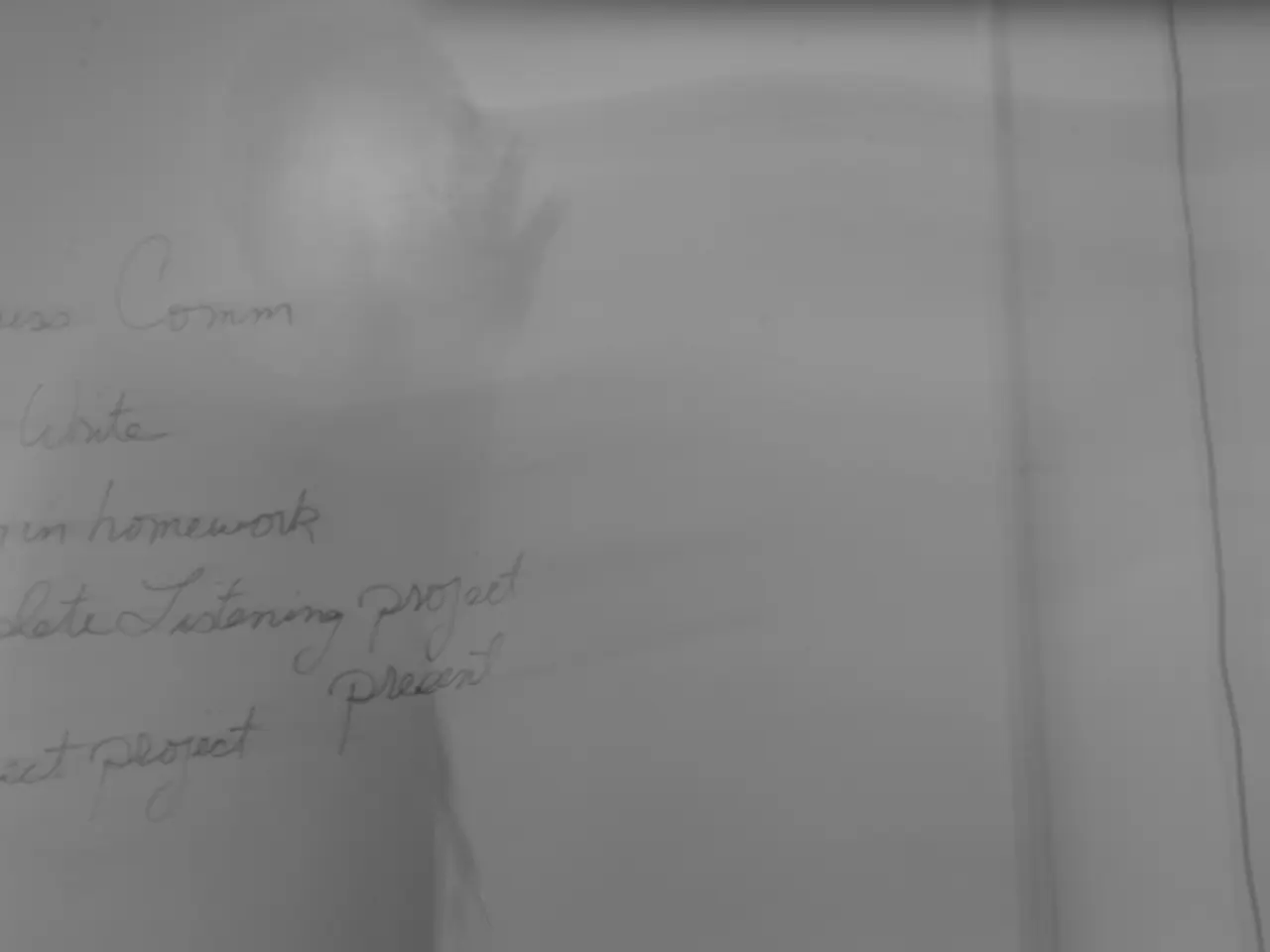Lithuanian Prime Minister plans to formulate legislation for gender-inclusive partnerships, in response to a recent court decision.
Prime Minister Gintautas Paluckas has acknowledged the ongoing issue of marriage equality and expressed concern, stating that it pushes a segment of Lithuanian society to the margins. In a recent development, Martynas Norbutas, a former Environment Vice Minister, faced refusal to register his marriage to his husband, legally performed in Belgium, by the Vilnius civil registry office.
The rejection is based on the provision in Lithuania's Civil Code that a marriage must be between a man and a woman. However, Norbutas argues that the precedent set by the European Court of Justice applies to Lithuania as well. He also mentioned that he knows of at least one other same-sex Lithuanian couple, married in the Netherlands, who faced the same issue.
The refusal of Norbutas' marriage registration has serious and absurd implications for the rights of same-sex couples and their children. In response, Paluckas stated that the Ministry of Justice will prepare proposals for legalizing gender-neutral partnerships. The Lithuanian government will also prepare legislation to legalize gender-neutral partnerships.
Two bills are currently under debate in the Seimas: the Civil Union Act and proposed amendments to the Civil Code introducing the concept of a "close relationship". The Civil Union Act, which explicitly defines mutual rights and responsibilities for partners, has advanced through committee review but lacks the votes for final approval.
Paluckas emphasized the importance of avoiding improvisation and seeking broad political consensus. He also stated that they need to find a version of rights implementation that causes the least friction and does not provoke obstruction or further legal challenges.
The court found the current definition of partnerships in the Civil Code discriminatory against the LGBTQ community. In April 2025, the Constitutional Court ruled that the Seimas violated the Constitution by not enacting legislation enabling the Civil Code's provisions on cohabitation without marriage for 24 years. Following the ruling, same-sex marriage was limited to the status of civil unions granting limited rights.
Since July 2025, Lithuanian LGBT advocacy groups such as the Lithuanian Gay League (LGL) have actively presented their priorities on regulating partnerships to policymakers, indicating ongoing discussions and efforts to advance partnership recognition, possibly including gender-neutral partnerships, but full legalization or broad recognition has not yet been implemented.
Norbutas and his husband are challenging the decision in court, citing a recent ruling by the European Court of Justice that Poland must recognize same-sex marriages registered abroad. Norbutas also highlighted the irony that, due to Lithuania's refusal to recognize his marriage, he could legally marry a woman in Lithuania and be married twice.
In conclusion, Lithuania currently recognizes limited civil unions for same-sex couples as a result of the 2025 Constitutional Court ruling, and legislative processes regarding full legal recognition of gender-neutral partnerships or same-sex marriage remain active but unresolved as of mid-2025.
- The rejection of Norbutas' marriage registration has led to discussions about the need for the Lithuanian government to legalize gender-neutral partnerships, as recent developments in politics and general-news suggest.
- In response to the ongoing issue of marriage equality and the refusal of marriage registration for same-sex couples, Prime Minister Gintautas Paluckas has proposed the preparation of legislation to legalize gender-neutral partnerships, a step that reflects current debates in the political and general-news landscape.








